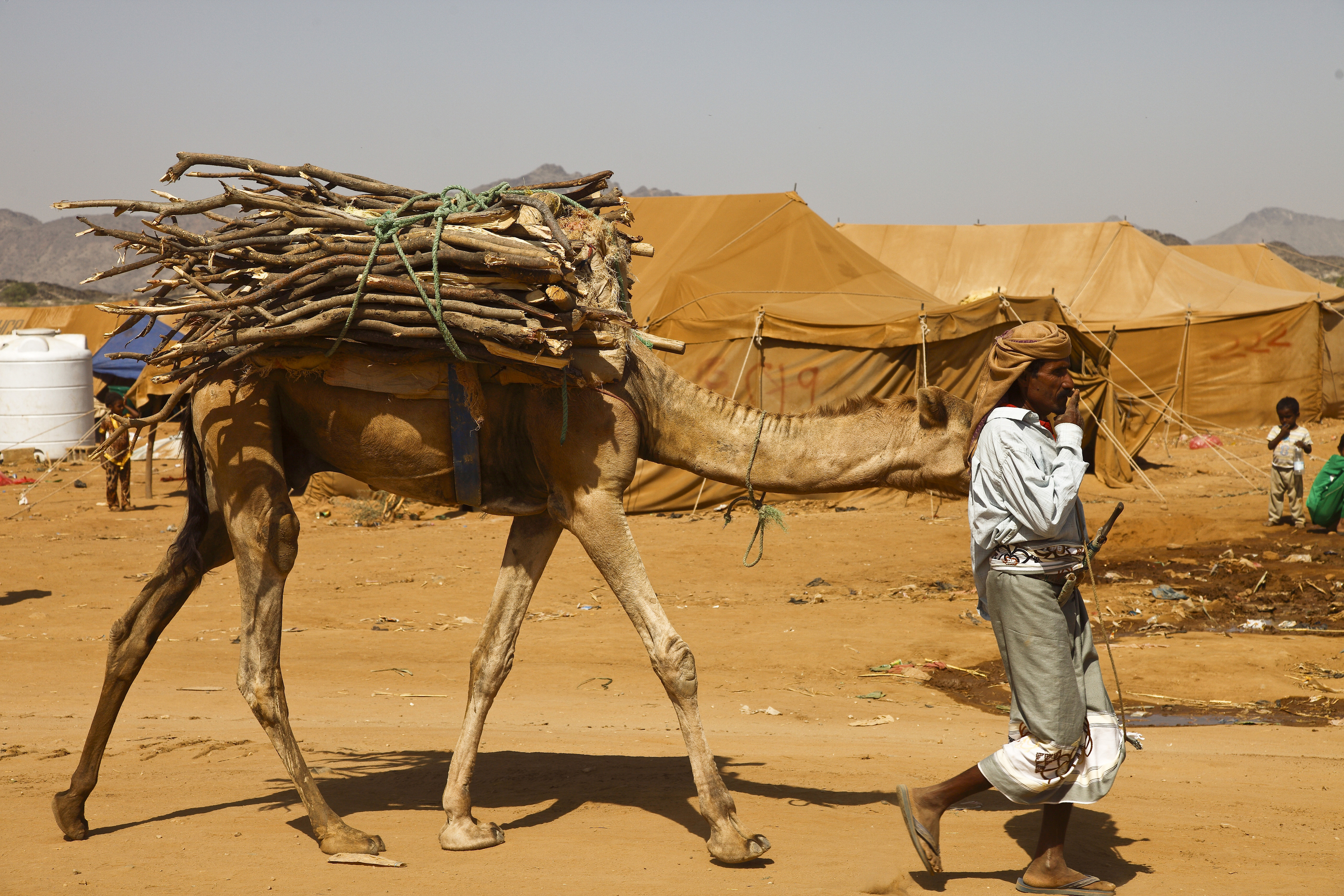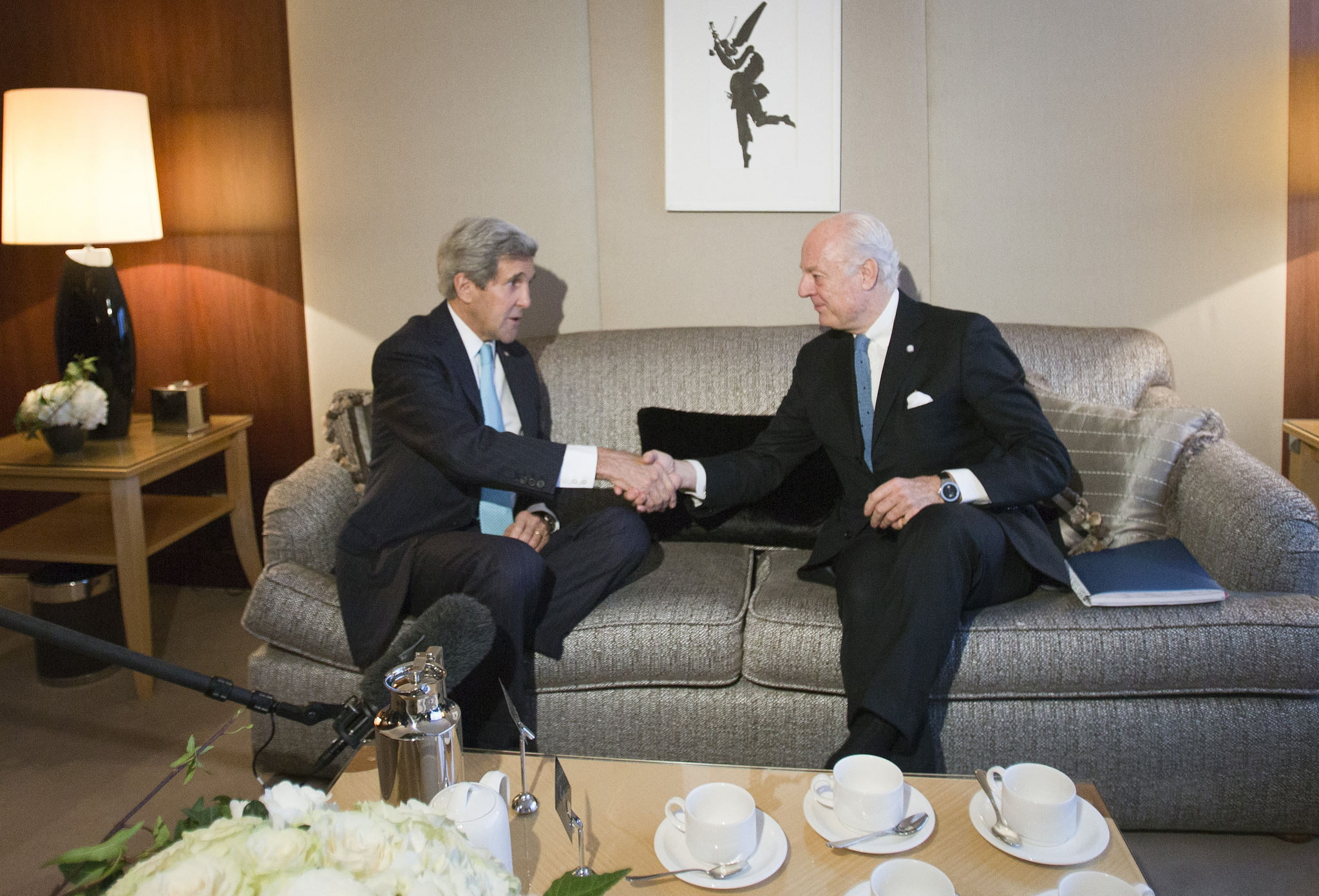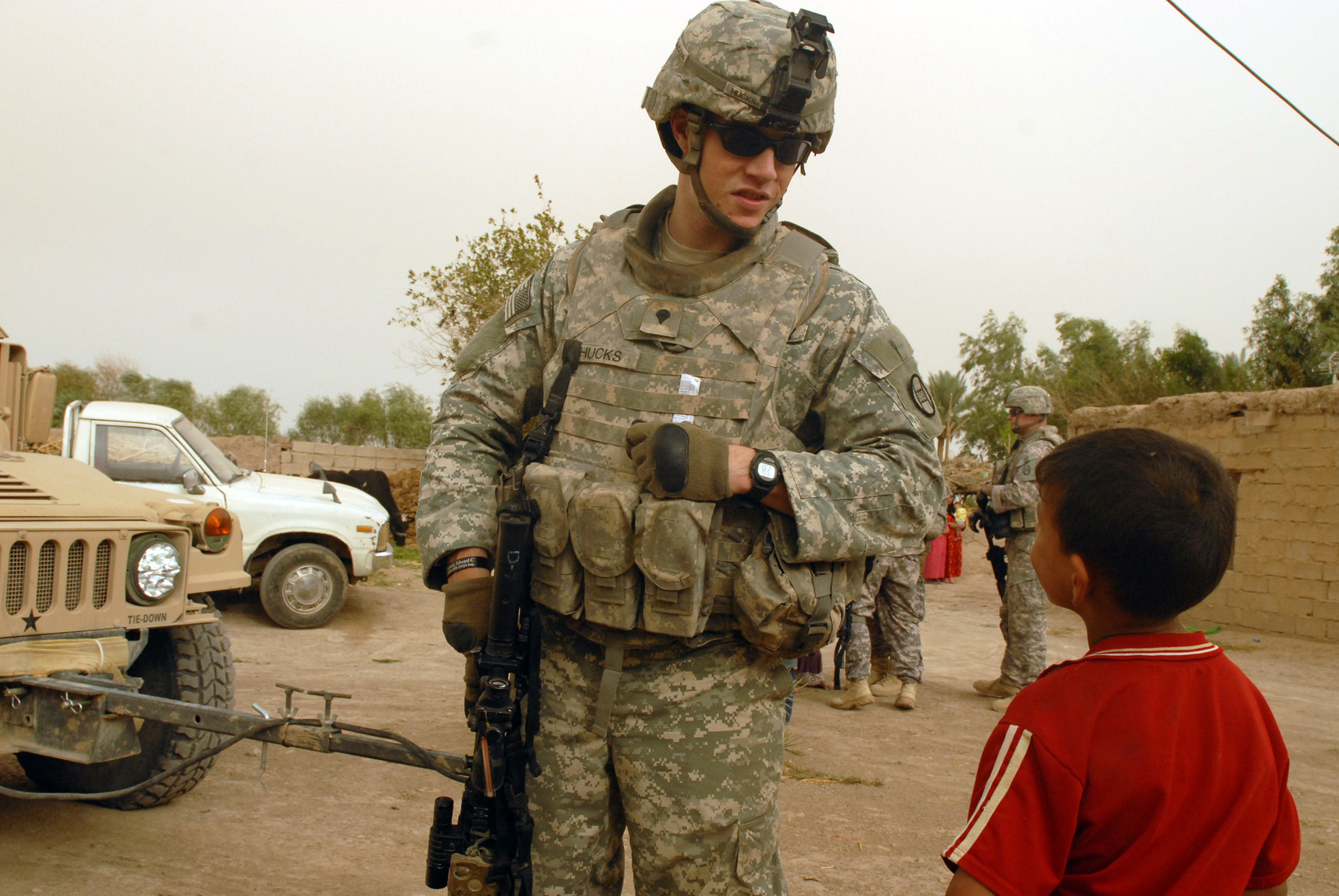By Barbara F. Walter and Kenneth M. Pollack

People think Yemen is dangerous to United States because of terrorists and civil war. They are wrong. Yemen is dangerous because it could potentially destabilize Saudi Arabia.
That’s a provocative statement but also accurate. By itself, Yemen is far less important to the United States than most countries in the Middle East. True, a lengthy civil war could eventually bring the Yemeni branch of Al Qaeda or the Iranian allied Houthi to power. True, a civil war could fragment the country, creating a lengthy period of chaos and instability, allowing even more extremists to thrive. But the fact remains: Yemen will never be of great strategic importance to the United States because it is weak and poor and has very little oil.
Saudi Arabia is an entirely different story. Saudi Arabia is critical to the United States, both strategically and economically. If Saudi Arabia becomes destabilized and if it falls into civil war, oil production will plummet and the tenuous Sunni-Shi’a balance in the region will be disrupted.
The greatest danger Yemen poses to the United States, therefore, comes from Saudi Arabia. This is especially true now that King Abdullah has died. Why? Because the Saudis are obsessed with Yemen and have found it impossible to resist meddling in Yemeni affairs.
The historical record is fairly clear that it is a mistake to send military and economic aid to the weaker side in a highly unbalanced civil war or to continue to finance factions in wars that appear unwinnable. Both of these strategies are likely to prolong the civil war, increasing the chances that it spreads, and creating conditions for extremism. As Patrick Regan has shown no mix of economic or military intervention while a civil war is raging shortens the length of the conflict, unless it is all directed at the stronger side. Outside economic and military aid that is given to multiple sides during a civil war simply serves to lengthen the war.
The problem is that the Saudis continue to back what appears to be the weaker side in the Yemeni civil war – the Sunnis who have lost control of the Yemeni government to Shi’a Houthi forces. The greatest danger to American interests is that the Saudis will keep doubling down in Yemen and in so doing will overstrain themselves—politically, militarily and possibly even economically. The Kingdom cannot afford to get dragged deeper into a Yemeni quagmire it cannot stabilize on its own. This is especially true given the challenges the Kingdom is likely to face as a result of 3 recent events: (1) historically low oil prices, (2) exorbitant new financial commitments due to attempts to stave off the Arab Spring, and (3) succession issues surrounding King Abdullah’s death.
What should the U.S. do? The U.S. should not devote significant resources to try to end the civil war in Yemen or engineer its outcome. Not only is there no evidence that such an intervention would have any positive effect, but there is not enough money, political will or strategic interest to warrant it. Instead, the U.S. should continue counter-terrorism measures in Yemen while devoting most of its time and energy toward the Saudis. There U.S. policy should be quite simple: the U.S. should do everything possible to convince the Saudis to refrain from any further commitments in Yemen and instead convince them to concentrate on stabilizing their own internal affairs. Saudi meddling in Yemen will do no good and is likely to only prolong the war and weaken Saudi Arabia’s government. The United States should be far more concerned with that potential outcome than with anything that happens in Sana’a.
Kenneth M. Pollack is Senior Fellow in the Center for Middle East Policy at the Brookings Institution.





10 comments
This article displays one of the largest faults in American journalism; a complete disregard for the effect of foreign countries on other foreign countries and how we tie into it all. Very well written and I wish more of the public took an interest into how easily we are affected by other nations.
Until nations in Middle East and Africa develop transparent democratic institutions, religious and ethnic tolerance driven by human rights they remain a danger unto themselves.